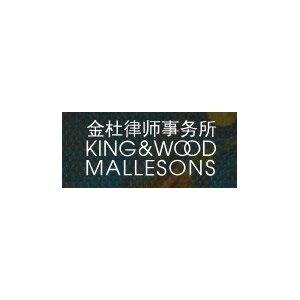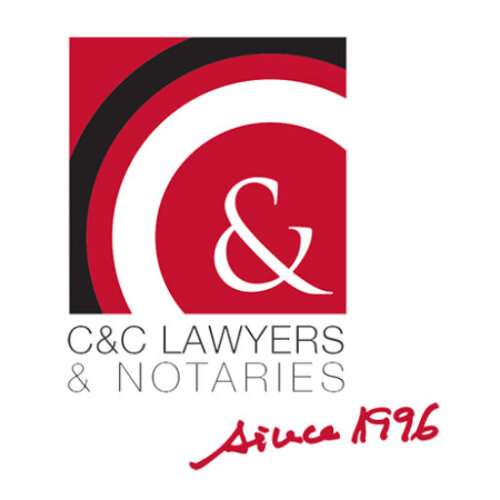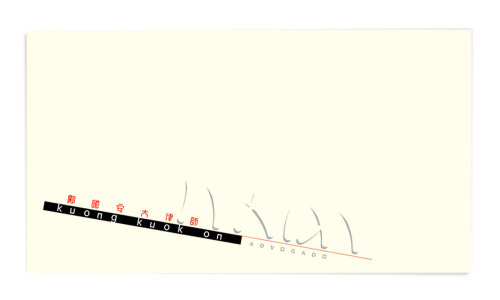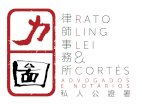Best Insurance Fraud Lawyers in Beijing
Share your needs with us, get contacted by law firms.
Free. Takes 2 min.
List of the best lawyers in Beijing, China
About Insurance Fraud Law in Beijing, China
Insurance fraud in Beijing, China, involves any act committed with the intent to obtain unauthorized benefits from an insurance process. This can include various fraudulent activities like filing false claims, exaggerating damages, staging accidents, or supplying misleading information during the insurance application process. Both individuals and entities can perpetrate such frauds. The Chinese legal system treats insurance fraud as a serious offense, with strict legislation in place to deter fraudulent activities and protect insurance companies and legitimate policyholders.
Why You May Need a Lawyer
Legal assistance might be necessary in several situations involving insurance fraud. If you are accused of committing insurance fraud, you will need a lawyer to defend your rights and ensure a fair trial. Similarly, if you are a victim of an insurance fraud scheme, an attorney can help you recover any losses incurred and take legal actions against the fraudsters. Insurance companies may also seek legal advice to develop and implement practices to detect and prevent fraudulent claims, and to ensure compliance with local regulations. Lawyers in this field can navigate the complexities of the legal system, offering guidance and representation based on the specifics of the case.
Local Laws Overview
In Beijing, and broadly across China, insurance fraud is governed under the Criminal Law of the People's Republic of China. The law categorizes insurance fraud as a criminal offense, subjecting offenders to severe penalties, including fines and imprisonment. The law focuses on safeguarding the integrity of insurance processes and offers measures for identifying and prosecuting fraudulent activities. Key aspects include defining various forms of insurance fraud, prescribing penalties, and setting forth investigative and prosecutive procedures. Understanding these local laws is crucial for individuals and organizations involved in the insurance industry to avoid legal pitfalls and ensure compliance.
Frequently Asked Questions
What constitutes insurance fraud in Beijing, China?
Insurance fraud in Beijing includes acts such as filing false claims, exaggerating losses, intentionally damaging insured property to claim compensation, or providing misleading personal information to obtain better terms from an insurer.
What are the penalties for committing insurance fraud in Beijing?
Penalties for insurance fraud can include hefty fines and imprisonment, depending on the severity and nature of the fraud. The law is designed to be stringent to deter fraudulent activities.
How can I report insurance fraud?
Insurance fraud can be reported to local law enforcement agencies or directly to the insurance company involved. They will conduct investigations and take necessary actions as per the law.
Is there a statute of limitations for insurance fraud cases?
Yes, like other criminal offenses, insurance fraud cases have a statute of limitations, which can vary depending on the specifics of the case. It's advisable to seek legal counsel to understand these limitations.
What should I do if I suspect I'm a victim of insurance fraud?
If you suspect you're a victim of insurance fraud, gather all relevant documents and evidence, and report it to the authorities. Consulting with a lawyer can help you take the appropriate steps to protect your interests.
Can insurance companies sue policyholders for fraud?
Yes, insurance companies can file lawsuits against policyholders who commit fraud to recover any losses incurred and to seek legal remedies under the law.
Are there laws in place to protect whistleblowers of insurance fraud?
China has some legal provisions that provide protection to whistleblowers who report fraudulent activities and cooperate with investigations, but the exact measures of protection may vary.
How can I defend myself against accusations of insurance fraud?
If accused of insurance fraud, it's crucial to seek legal representation. A lawyer can help build a defense, gather evidence, and navigate the legal process to ensure fair treatment.
Are there different types of insurance fraud?
Yes, insurance fraud can be 'soft,' such as exaggerating claims, or 'hard,' such as deliberate destruction or manipulation for claims. Both types are illegal under Chinese law.
Can businesses also be held liable for insurance fraud?
Yes, businesses can be held liable for committing insurance fraud or for failing to prevent fraudulent activities within their operations. This can lead to legal actions and penalties.
Additional Resources
For those seeking additional information on insurance fraud in Beijing, consulting official resources can be beneficial. The China Insurance Regulatory Commission (CIRC) is a key regulatory body overseeing insurance practices and offering guidance on compliance and fraud prevention. Legal aid services and professional associations for specialists in insurance law may provide further assistance and resources.
Next Steps
If you find yourself dealing with insurance fraud issues, consider taking the following steps:
1. Collect and organize all relevant documents and evidence related to your case.
2. Seek out a qualified attorney with experience in insurance fraud cases to evaluate your situation and provide legal advice.
3. Report any fraudulent activity to the appropriate authorities and cooperatively participate in any ensuing investigations.
4. Stay informed about local laws and any updates regarding insurance fraud regulations to better protect yourself and your business interests.
These steps will guide you in navigating the complexities of insurance fraud matters and ensure you have the support needed to manage any legal challenges effectively.
Lawzana helps you find the best lawyers and law firms in Beijing through a curated and pre-screened list of qualified legal professionals. Our platform offers rankings and detailed profiles of attorneys and law firms, allowing you to compare based on practice areas, including Insurance Fraud, experience, and client feedback.
Each profile includes a description of the firm's areas of practice, client reviews, team members and partners, year of establishment, spoken languages, office locations, contact information, social media presence, and any published articles or resources. Most firms on our platform speak English and are experienced in both local and international legal matters.
Get a quote from top-rated law firms in Beijing, China — quickly, securely, and without unnecessary hassle.
Disclaimer:
The information provided on this page is for general informational purposes only and does not constitute legal advice. While we strive to ensure the accuracy and relevance of the content, legal information may change over time, and interpretations of the law can vary. You should always consult with a qualified legal professional for advice specific to your situation.
We disclaim all liability for actions taken or not taken based on the content of this page. If you believe any information is incorrect or outdated, please contact us, and we will review and update it where appropriate.












